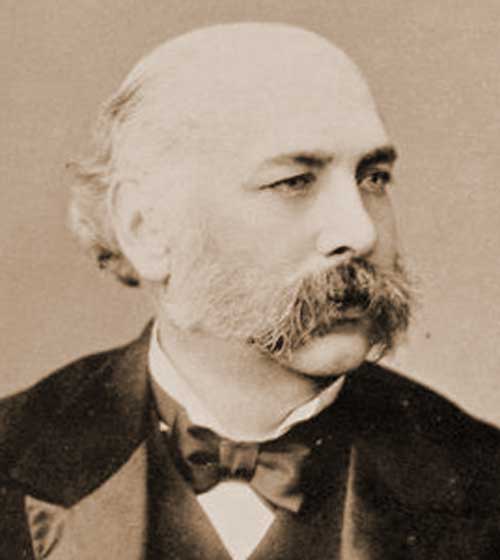The following intriguing article appeared in The Dundee Evening Telegraph on Tuesday, 26th July, 1910, and is illustrative of how people all over the world were still eager to link people they knew to the Whitechapel murders:-
“JACK THE RIPPER.” IS HE IN SOUTH AFRICA?
A Lady’s Startling Statement.
“Dr Forbes Winslow, at Bow Street, this morning, made an application to Mr Marsham on behalf of an Irish medical student named Grant.
In 1905 said Grant was sentenced ten years’ penal servitude for wounding a woman in Whitechapel, and since his release letters had been appearing in the press signed a solicitor, to the effect that he was in fact none other than “Jack the Ripper,” but had died in prison.

HE WAS IN COURT
Dr Winslow said that Grant, far from being dead, was in Court, and a lady in Australia who had read the allegations against him had written asking that his case might taken up, as she was convinced in her own mind that the real “Jack the Ripper” was at present working in South Africa. This lady had been engaged to a man whom, after ascertaining certain facts and obtaining a confession, she gave up to the Australian police as Jack the Ripper, though they discharged him without ascertaining his history.
Previous to 1890, Dr Winslow said that if the police would co-operate with him he believed it much more likely that he would catch “Jack the Ripper” than that the police would catch Crippen.
Mr Marsham advised Dr Winslow that Grant could bring an action to air the whole matter and asked him to lay all the information he had before the police.
THE CORRESPONDENCE
The letter from the Melbourne lady begins:-
“Your challenge is more than justified re “Jack the Ripper.” You indeed frightened him away, for he sailed away on a ship called the Murrumbidge to work his passage to Melbourne, arriving here in the latter part of 1889.
Dr Forbes Winslow points out that that is after the last of the “Ripper” crimes.
Then follows the man’s history.
He is a native of Melbourne, Victoria, and was educated at the Scottish College here. The late Dr — — was a great friend of his family, and it was from him that he gained his surgical knowledge, the doctor taking him with him to post-mortems.
When he arrived in Melbourne, he married Miss —- —- , who lived only a little over a year.
A FEARFUL FELLOW
His wife, the letter continues, died from natural causes.
It was shortly after her death that Dr Forbes Winslow’s present correspondent met him.
He told her that he had had a hard time in London, and he was then always buying the papers that contained the fullest reports of crimes. She asked him why bought these papers, and the letter proceeds:-
“He said, “I want to see how things are in London.”
Then he commenced reading the trial of a man named James Canham Reade. This man married and deserted several women, and finally killed one, for which crime he was hanged. When he had finished reading I said. “What a fearful fellow!” He said, ‘Yes.” I then said, ”What about Jack the Ripper.” He said, “Strange those crimes ceased once I left England.”
A CONFESSION
This remark astonished her, especially as she knew he had been living in that part of London where the crimes had been committed.
She tried, however, to banish the thought from her mind, but several times afterwards she referred to it, and at last he told her that he did commit the murders. She asked him for an explanation, and he first said revenge, and afterwards that research had made him guilty.
The letter continues:-
“I wrote to Scotland Yard telling them all. Sir Robert Anderson answered my letter, but as I had told him all I had to say, I did not write again till last year, but I have heard nothing from them.
It is my opinion that they all bungled this matter up, and do not like owning up it, I even gave him up in Melbourne in 1894. The police examined him. I told them he was in Melbourne in 1890, they found this was true, and without asking him where he was in 1889 they let him go. He laughed and said – “See what fools they are. I am the real man they are searching the earth for, but they take me in one door and let me out the other.” I even gave one detective a letter of his, but he only laughed at mc. I asked him to have the writing compared with that at home signed “Jack the Ripper,” but he did nothing. Now I have burned his letters long since.”
STILL CALLED JACK
The correspondent goes on to give Dr Winslow the man’s name, to say that he is still called ” Jack” by his relatives and friends, and that at the present time is in South Africa. She suggests a means of getting into communication with him in order to obtain a specimen of his writing again.”
